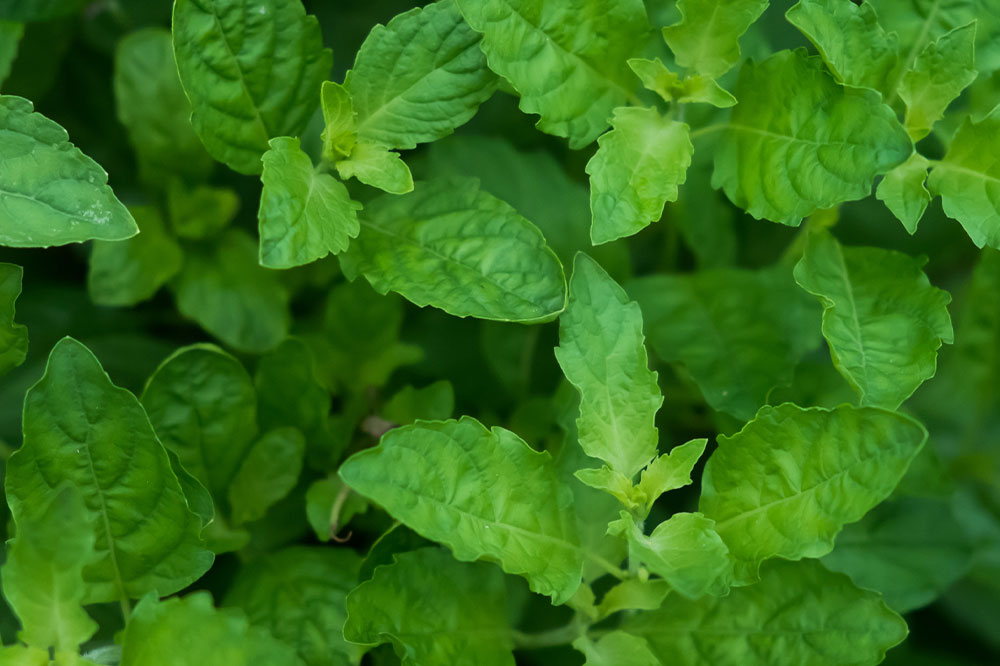5 herbs and spices that may aid in preventing cancer

In the quest for optimal health, people try exercise routines, remedies, therapies, and food regimes. Regarding the last option, the food choice tends to be bland, unseasoned, and dull, making one believe that health and delicious foods are at odds. However, this is false, and herbs and spices enhance the flavors of meals and offer numerous health benefits. Among their remarkable qualities, certain herbs and spices possess potent properties that may contribute to cancer prevention.
Turmeric
Turmeric is well-known for its antioxidant and anti-inflammatory properties. A common ingredient in traditional recipes, it is also being taken as a supplement these days. The curcumin found in turmeric has been proven beneficial for a healthy body. There are numerous researches on the health benefits of curcumin and some even indicate it being useful in combating cancer. Adding turmeric to recipes, whether in curries, smoothies, or teas, adds a vibrant yellow color and distinctive flavor to the food and drink, along with being a way to harness its potential benefits.
Garlic
Garlic is another potential ally in the fight against cancer that can be conveniently found in most kitchens around the world. It is filled with organosulfur compounds that have a cancer-fighting effect on the body. There are numerous studies that suggest adding garlic to savory dishes on a regular basis is a great way of using herbs and spices for cancer prevention. It also has potent antioxidant properties that can help protect the cells against potential damage and improve the immune system’s function. Adding fresh garlic to your cooking or enjoying it raw in dressings and dips can maximize its potential benefits.
Rosemary
A deliciously fragrant herb, rosemary can be used in multiple day-to-day recipes. It helps in the prevention of chemically-induced cancer and provides additional health benefits. The herb has been found to carry compounds that assist in the prevention of prostate cancer, breast cancer, as well as lung cancer. It can also be added to meals for patients that are going through cancer treatment like chemotherapy. Use it as marination for meat, toppings for pizzas, salads, and pasta, or even use it in the preparation of dips, sauces, and other dishes of choice.
Ginger
Including ginger is another tasty way of spicing up food recipes and amping up their anti-inflammatory benefits. Aside from being a well-known addition to recipes for its spice and aroma, ginger is also preferred for its multiple health benefits. It can also be used as a remedy for nausea and upset stomach. Patients going through cancer treatment can benefit from adding ginger to their tea or food as it can help improve their appetite.
Black pepper
Black pepper is a staple in various cuisines. It is rich in the chemical compound piperine. Research suggests that piperine can help prevent the growth of cancer cells; pepper’s potential anticancerous properties also stem from the spice’s ability to reduce the body’s inflammatory levels. Topping off your dishes with a dash of freshly ground black pepper helps you use herbs and spices to enhance the taste of your food and equip it in the fight against cancer.


